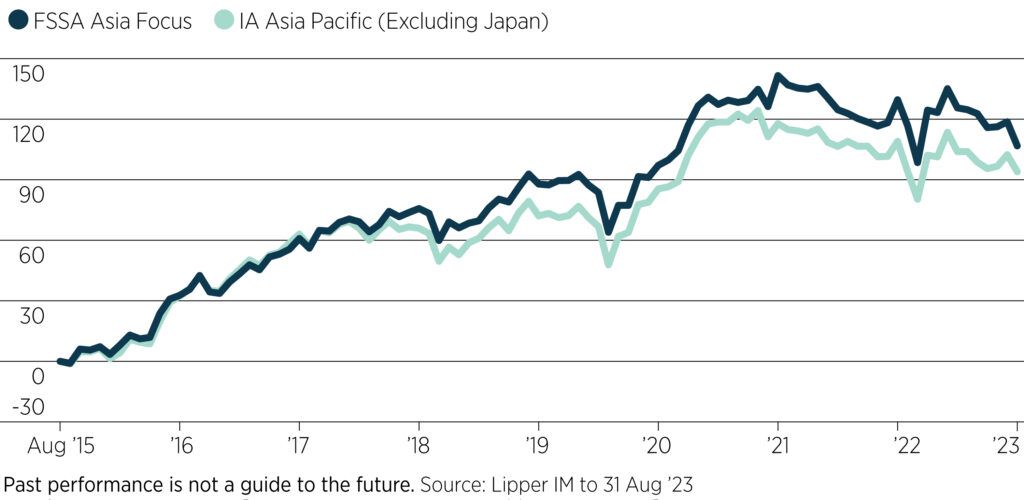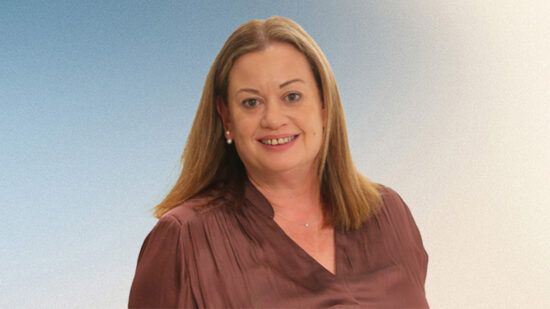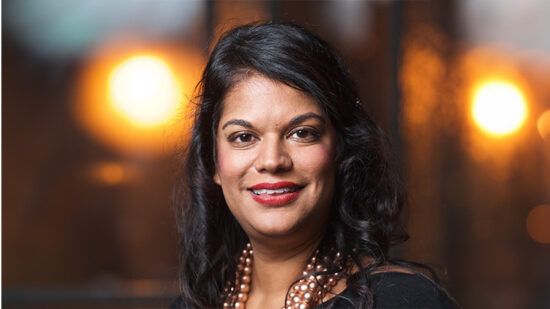In this series for ESG Clarity EU, Hargreaves Lansdown dives into ESG funds available in the UK and EU, analysing their investments, performance and ESG credentials.
For this latest article, Dominic Rowles takes a look at the FSSA Asia Focus fund.
Many Asian and emerging markets are home to young, increasingly wealthy populations and an expanding workforce that’s expected to underpin economic growth for decades to come.
There’s plenty of diversification on offer too. Some emerging markets are rich in commodities and natural resources, some rely on exporting goods to Western economies, and others are technological leaders. An investment in Asia and emerging markets can offer excellent growth potential over the long term.
Asia and emerging markets present a unique challenge for responsible investors though. Many have less stringent regulation around ESG issues – including human rights and working conditions. Information and data can also be harder to come by because reporting requirements are less developed.
Balancing ESG risk and opportunity
Although an investment in Asia and emerging markets can come with higher ESG risks, it can offer some great opportunities too and the investment team at FSSA is one of the best in the business when it comes to balancing the two.
The FSSA Asia Focus fund invests across Asia and emerging markets, from China and India to Singapore and South Korea. Fund manager Martin Lau and his team favour high-quality businesses with experienced and dependable management teams. When they invest in a business, they want to make sure it’s run in a way that’ll benefit all shareholders, and ESG issues form a core part of this.
They accept that each emerging market is at a different stage of growth compared with developed markets, and each has a different cultural background. That means the team can’t rely on the same ESG lens for all. That said, they do have a series of beliefs about how companies should conduct their business, and these beliefs underpin the portfolio.
They don’t like companies that make reckless decisions in the pursuit of short-term gains, rather than focusing on longer-term, more sustainable growth. They also don’t like businesses that exploit their workforce, take advantage of tax loopholes, or skirt around industry legislation. Importantly, they should cause little, if any, harm to the environment around them.
The team compensates for the lack of ESG-related information and data by engaging closely with company management. It helps them make sure management remain on track with their sustainability priorities and is a good forum to highlight areas for improvement if needed. If they don’t think a business meets their standards, or is doing enough to address a particular problem, they won’t invest.
The team avoids companies run by people with histories of corporate misdemeanours, or businesses that cause harm to the environment, the people they employ, or society at large. Tobacco, gambling and controversial weapons companies are excluded.
Lau and his team invest relatively conservatively and try to limit losses in a falling market. They invest in companies they think will see consistent demand for their products or services and prosper over the long term, rather than chasing short-term fads. It means the fund has tended to hold up relatively well when markets have been rocky but has lagged when they’ve risen strongly.
Since launch in August 2015, the FSSA Asia Focus fund has more than doubled in value, rising 106.8%, compared with 93.95% for the broader IA Asia Pacific sector. Our analysis suggests the team has repeatedly shown an ability to invest in companies with great long-term prospects and I see no reason the fund can’t continue to perform well, although there are no guarantees.
Fund has more than doubled in value









